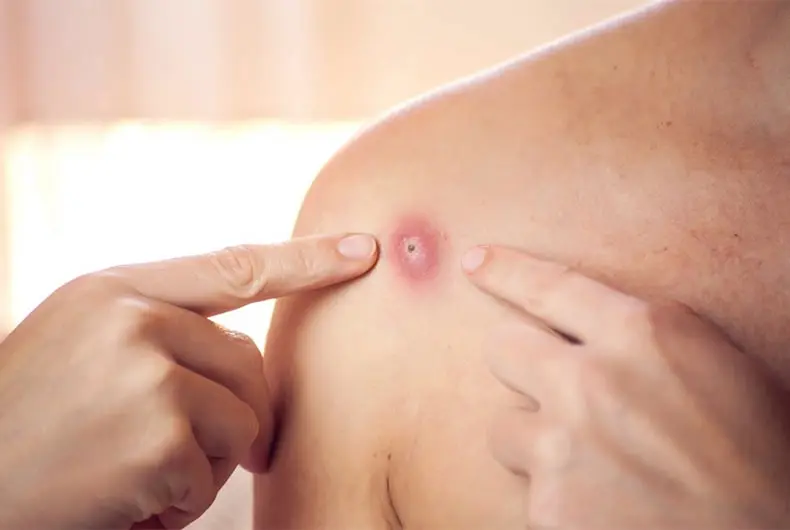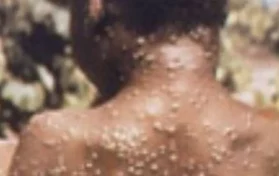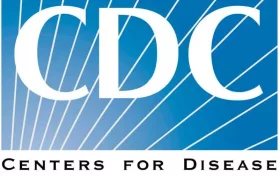
Monkeypox, a viral “cousin” of smallpox, has typically only been reported in the central and western countries in Africa. However, a recent outbreak in Europe and scattered cases in the United States have Americans concerned about the disease.
Currently, there are a total of twelve monkeypox cases in the United States. The initial case confirmed was in the Boston, Massachusetts area. A second suspected case in New York was reported within days. A third case popped up in Broward County, Florida. The latest case is being reported in Colorado. It is the second to be reported in the state.
Colorado’s Department of Public Health and Environment released a statement on Friday stating that while there are two cases being investigated in the state, officials believe the risk of catching monkeypox is low.
Two cases have been confirmed in the state by the Colorado Department of Public Health in conjunction with the Environment Public Health Laboratory. Colorado officials are waiting for the Centers for Disease Control to confirm their findings.
The press release from Colorado health authorities described that the individual diagnosed with a presumptive case of monkeypox had been in close contact with someone “known to public health as a presumptive case.” The release also informed the public that the individuals were working with public health officials to notify people that may have been exposed.
The individual in question is a young man who sought treatment around Denver. He is currently isolated – and his condition is reportedly improving – at home.
The World Health Organization says that there are at least two hundred cases throughout twenty different countries globally. The first case in the United States was attributed to a man who had traveled to Canada.
Currently, the tracking system of the CDC shows that there are two cases in Colorado, Utah, Florida, and California. There is one case per state in Washington, New York, Virginia, and Massachusetts.
All in total, there are twelve cases in the United States as of this writing.
While monkeypox is getting a great deal of press time in recent weeks, this isn’t the first time monkeypox has been found in America. In 2003, cases were reported in Texas. The origin of the cases were traced back to the importation of exotic animals in the Lone Star state. The virus is typically spread by touching an infected animal or being bitten by said animal.
One difference in the current cases is that many of the reported cases are in gay of bisexual men. A former official at the World Health Organization told The Associated Press that several cases in Europe seem to be traced to a raves in the countries of Belgium and Spain. Specifically, he said the cases appear to have been connected to sexual contact at those events.
It’s important to remember that monkeypox is not considered a sexually transmitted disease. While it is not typically spread via the respiratory system, it can be transmitted via bodily fluids and the nasal membranes of the body.
The disease is not usually fatal, and there are both vaccines available to prevent the virus from making one ill. In addition, there are also therapeutics for the disease. Because the virus is biologically like smallpox, a smallpox vaccine, Jynneos, is recommended to prevent monkeypox as well. The World Health Organization recently recommended creating a stockpile in order to prevent a true outbreak of monkeypox.
Last week, the Centers for Disease Control announced that there are vaccine doses that are believed to be able to prevent the monkeypox virus in the Strategic National Stockpile. The agency also announced that companies producing smallpox vaccines are directed to “ramp up” production in the next weeks.
Those who have had a smallpox vaccine should consider themselves protected against monkeypox. However, 1972 was the last year that the smallpox vaccine was given as a part of recommended vaccinations. Americans should consult their doctor to determine if they should take the smallpox preventative.





